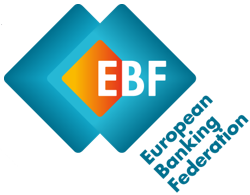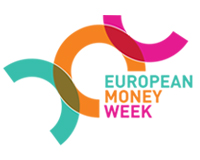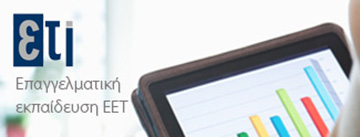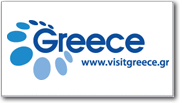
Financial Literacy
The Organisation for Economic Co-operation and Development (OECD) defines Financial Literacy as the combination of awareness, knowledge, skills, attitude and behaviour necessary to make sound financial decisions and ultimately achieve individual financial well-being. Financial Literacy is achieved through Financial Education.
Financial literacy has been increasingly recognised as an important individual life skill in a majority of economies. Financial education has thus become an important complement to market conduct and prudential regulation, and improving individuals financial behaviour(s) has become a long-term policy priority in many countries. Moreover, an increasing amount of attention and resources are being spent on financial education by governments and public authorities worldwide.
The Hellenic Bank Association acknowledges the importance of financial education and the need to help individuals improve their financial behaviour. It believes that the financial services sector by its nature is a key stakeholder in all the levels of financial education, from policy-making and strategy elaboration to specific actions implementation and impact assessment. In this context the HBA, through its Hellenic Banking Institute (HBI), is engaged in various actions by participating in international and European fora, and actively supporting national initiatives.
The OECD International Network on Financial Education (INFE) seeks to promote and facilitate international cooperation between policy-makers and other stakeholders on financial education issues worldwide. It serves as a platform to collect data on financial literacy, develop analytical and comparative reports, conduct research, and develop policy instruments.
The International Gateway for Financial Education (IGFE) serves as a global clearinghouse on financial education, providing access to a comprehensive range of information, data, resources, research and news on financial education issues and programmes around the globe.
More than 240 public institutions from over 110 countries have joined the OECD/INFE. The HBA was granted affiliate member status in September 2014, after five years of supporting and following INFE activities. More specifically, the HBA participates in INFE annual conferences, consultations and events, and provides regular feedback to the International Gateway for Financial Education for the programme “Banks in Action”.
will be held on Tuesday 13th March 2018 at 11:00 p.m.
Members of the European Banking Federation (EBF) are the national bank associations of 32 countries, representing 4,500 banks – large and small, wholesale and retail, local and international. In May 2013, the EBF Executive Committee approved the launch of the Financial Education Project Group (FEPG), a dedicated Group to promote financial education at European level. HBA/HBI participates actively in the group.
The main objective of FEPG is to promote financial education in European countries by raising public awareness on financial education and financial literacy through a series of events both at national and European levels, exchanging best practices, planning and coordinating an annual European Money Week, as well as cooperating with other interested/ policy-making parties (e.g. OECD/INFE, European Commission).
The ultimate objective of FEPG is to improve the level of financial literacy in Europe, primarily targeting students at elementary and secondary schools, with a view to expanding the target group to include other social groups in the future. ς.
EMW 2016 Closing event - Greece: the HBA President and Secretary General discuss financial education on national TV
The vision of the Financial Literacy Committee is to place EBTN - as an association of professional training providers for the financial services sector and therefore by its nature competent to contribute in efforts to upgrade the financial literacy of citizens through financial education - among established European and international bodies involved in this field.
EBTN is Affiliated Member of the OECD International Network on Financial Education and supporter of the European Money Week.
HBA is a member of JA Greece since 2007 and Gold Sponsor of the ‘Banks in Action’ programme. The programme addresses 15- to 18-year-old students and consists of eight hourly sessions delivered by volunteers from banks who are trained jointly by HBI and JA Greece. Through hands-on classroom activities, the programme gives students the opportunity to:
- develop an understanding of the banking industry;
- acquire skills related to managing their finances as informed consumers; and
- learn about banking professions so as to broaden their horizons as future professionals.
Attached Files












